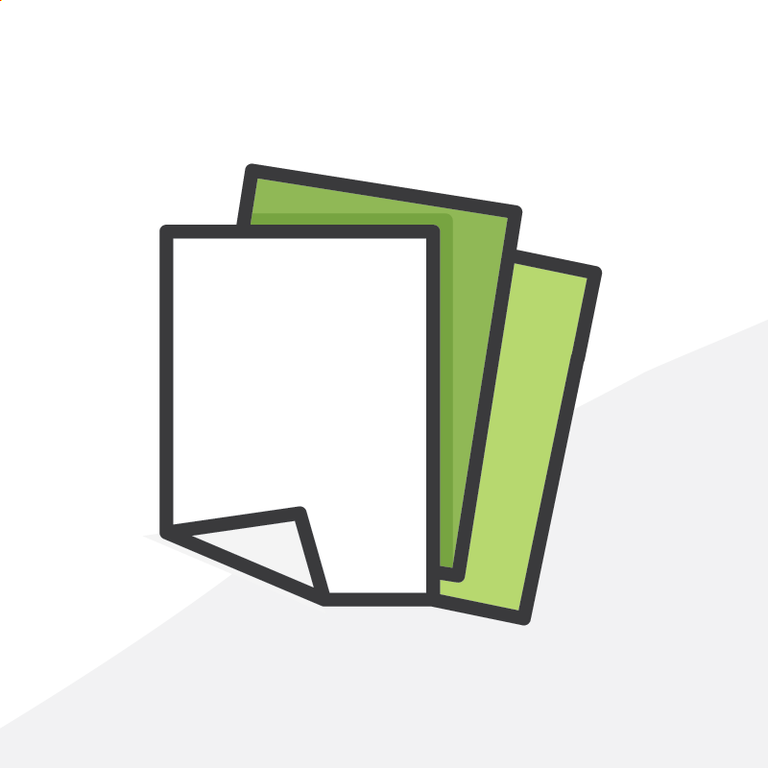
The Pros and Problems of Paper in Productivity
As a long time Getting Things Done® (GTD) practitioner and consultant, I get a lot of questions about which tools to use. Obviously I am a big fan of OmniFocus (Why OmniFocus, Power of Defer with OmniFocus, Learn OmniFocus, OmniFocus in an Organization), but the question around paper and its place in GTD or other productivity methodologies is something worth a discussion.
The Pros of Paper
I use paper in my productivity methodology. Daily. Paper is a great medium for quickly capturing something analog, without interrupting the conversation or call. I keep a pad of paper with me on my desk and even take one out with me when going out to dinner with friends. I use it as a scratch pad for conversations, sometimes writing down ideas or concepts that are interesting or that I want to discuss. I have found it a lot less distracting to other parties to jot a note on paper, than whip out my phone and go into a digital app. Most people see the phone more as a communication device, so taking it out while in conversation seems rude. A pad of paper on the table, on the other hand, can't text you or notify you of specials in Candy Crush. Some of my closer friends will even tell me to capture something to discuss later, while we are talking or will grab the pad and write on it themselves. Think of it as a whiteboard for your conversations. Maybe a little strange at first, but highly effective.
On my desk, the pad is there for quick notes while on a call or in a meeting. No keyboard typing, no quick commands, just the silence of pen to paper. I will also take paper with me when I want to do a digital free mindsweep. A long walk outside with just paper brings a new level to my thoughts and creativity. Paper offers an unstructured and inviting capture, with room for words and images that very few other methods can match. It is distraction free in a world with so many distractions. (Living in a Distraction Free World)
In my system, after using paper, I tear off the top sheet and throw it in my physical inbox on my desk. During my weekly review, I decide if it is something of value and scan it, or just shred it knowing that everything of importance has been captured somewhere else.
The Problems of Paper
The problems with paper start with the fact that it is not sustainable. It comes from an extremely expensive carbon footprint and isn't easily recycled. But let us set that aside for this discussion.
The productivity problem with paper is that it isn't a truly trusted system. Yes, you can write things down on a piece of paper, in an address book, printed calendar, but those things are one-offs. They are unique as an original painting. They are not backed up, they are not in more than one place and they are easily destroyed. A spilled glass of water can wipe out all creative thoughts, an unwatched child can destroy months of carefully planned out plans, and a fire can eradicate the entire written history. Collaborating on paper needs to be done in person and, in a distributed world, that is harder and harder to do. Paper degrades over time, has no built in security, and no way to be filtered. It is an end product, always passive, and not a scalable solution. It isn't as ubiquitous in our modern digital life so lacks the features to be the main capture tool.
In the end, paper is a great medium for short-term capture, but not long-term storage or to be the backbone of a trusted system. As someone who left his much-beloved Filofax on the top of a car once, the loss of all those contacts, calendars, and lists still haunts me twenty years later.
Want to debate the pros and cons of paper with me? Head to the Salesforce Trailblazer Community or chat with me @JasonMAtwood or on LinkedIn
